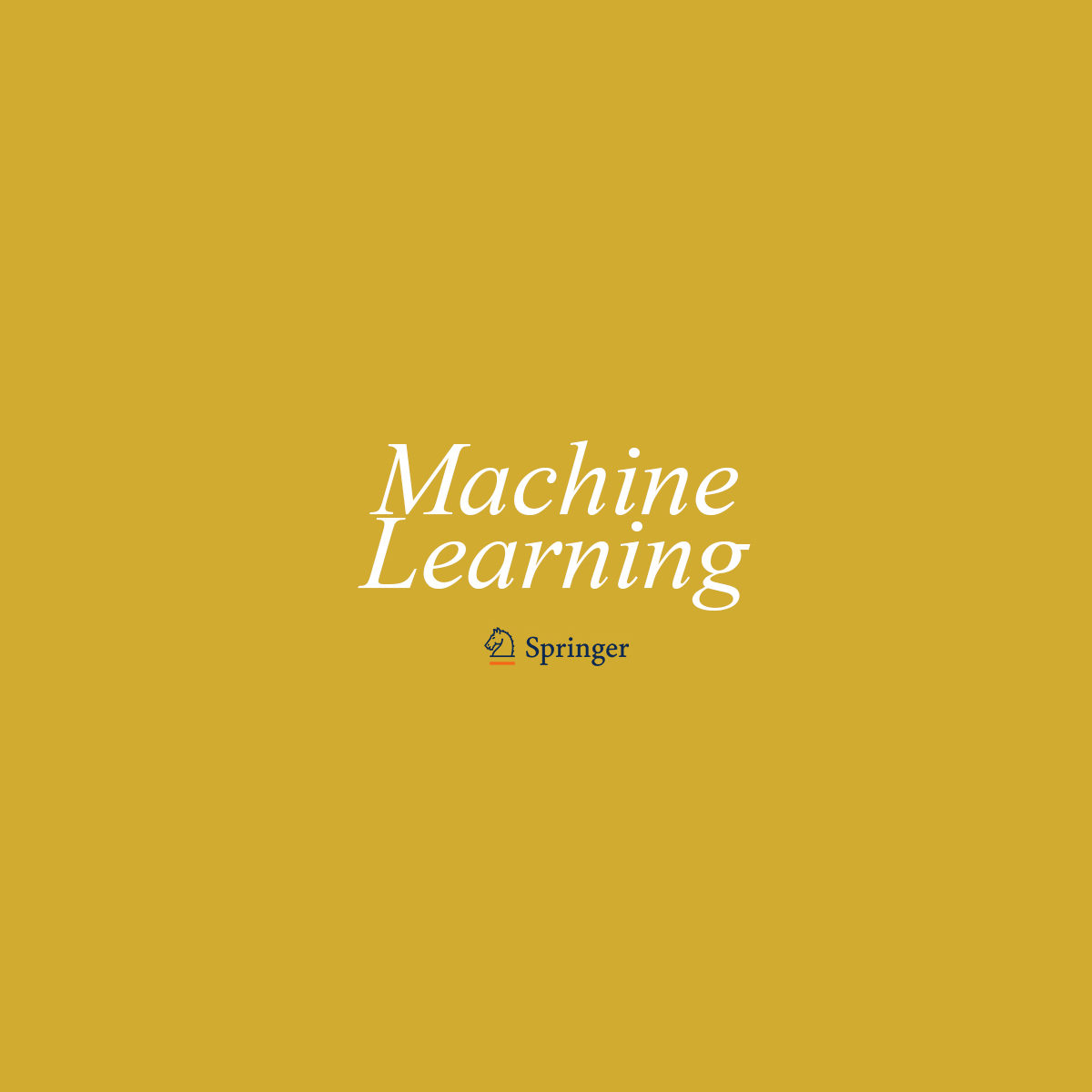Dealing with multiple experts and non-stationarity in inverse reinforcement learning: an application to real-life problems
Authors Amarildo Likmeta, Alberto Maria Metelli, Giorgia Ramponi, Andrea Tirinzoni, Matteo Giuliani, Marcello Restelli Abstract In real-world applications, inferring the intentions of expert agents (e.g., human operators) can be fundamental to understand how possibly conflicting objectives are managed, helping to interpret the demonstrated behavior. In this paper, we discuss how inverse reinforcement learning (IRL) can […]







